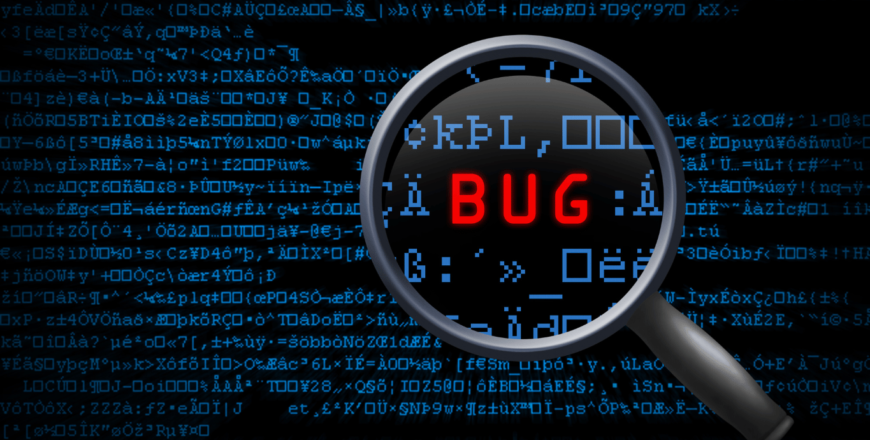Software Testing with Python

Manual Testing is a fundamental software testing process where the software is tested manually without the help of automation tools. Manual testing ensures that the software implementation adheres to the requirement specification and design. Manual Testers write test cases to test the software by calling out the expected output and the actual output in a test case. The differences between the actual and expected outputs are tracked as Defects or Bugs.
Why should you enroll for this course?
- Manual testers need to have the knowledge of programming language to perform white box testing or automation testing. Hence learning a programming language along with the concepts of manual testing is always recommended.
- Python is a convenient and easy to grasp computer programming language.
- 100% automation is not possible and hence manual testing will never lose its charm despite automation testing being the new trend.
- Manual testing is mandatory for every software project that is newly developed before automation testing kicks in.
- To be a successful automation test engineer the tester needs to be through with the concepts of Manual Testing.
Python Introduction
Python Flow Control
Python Function
Python Datatypes
Python Files
Python Object & Class
Software Development Life Cycle
SDLC Models
Unit Testing
Software Test Types
Software Test Design Techniques
Software Test Life Cycle
Software Test Documents
Software Testing Quality Standards
Automation Testing
Software testing is the process of evaluating and verifying that a software product or application does what it is supposed to do. The benefits of testing include preventing bugs, reducing development costs and improving performance.
Software testing is important because it identifies any issues and defects with the written code so they can be fixed before the software product is delivered as it also helps to improve the product quality.
One of the most important things for a tester is to know what devices users are most likely to access a website or app from. Given that the market is flooded with a variety of platforms and devices, optimizing a website or app becomes a key concern.
The different types of software testing include unit testing, integration testing, system testing, acceptance testing, regression testing, performance testing, security testing, and usability testing.
The readability and implementation of test functions using Python are better since the framework does not put compulsion of adding test functions into classes.



